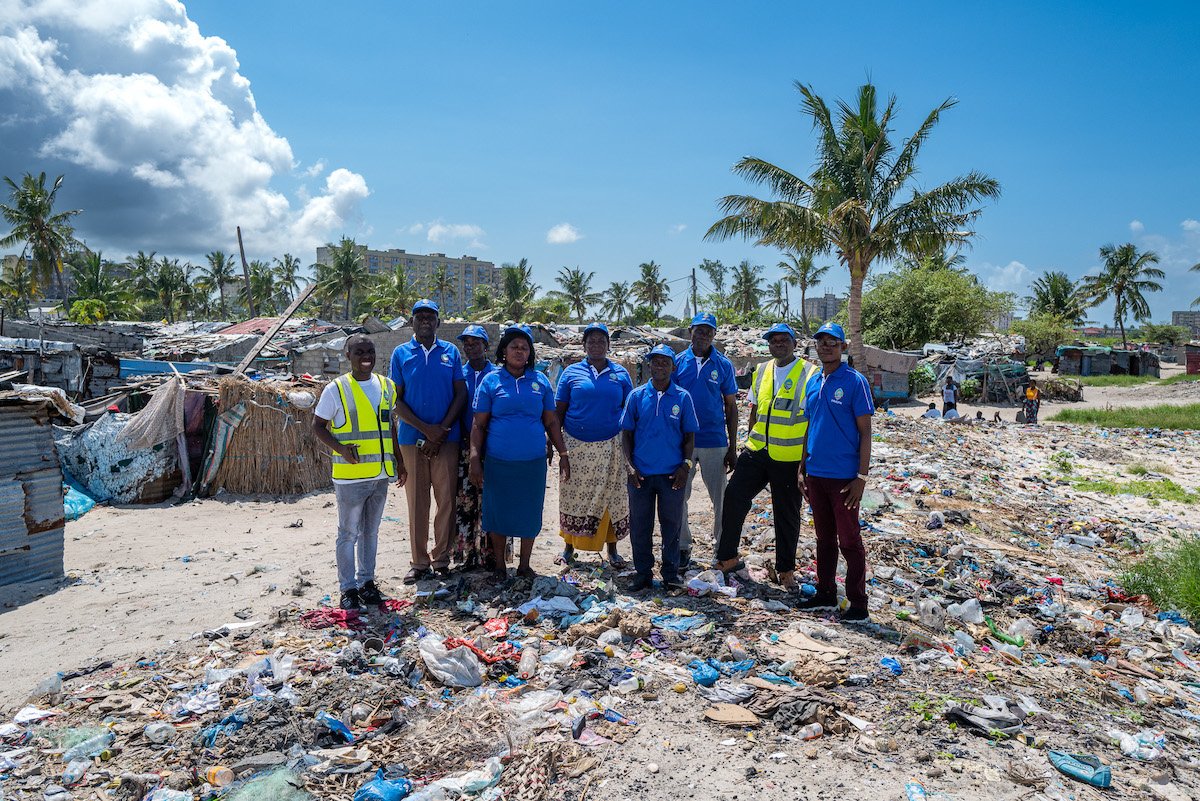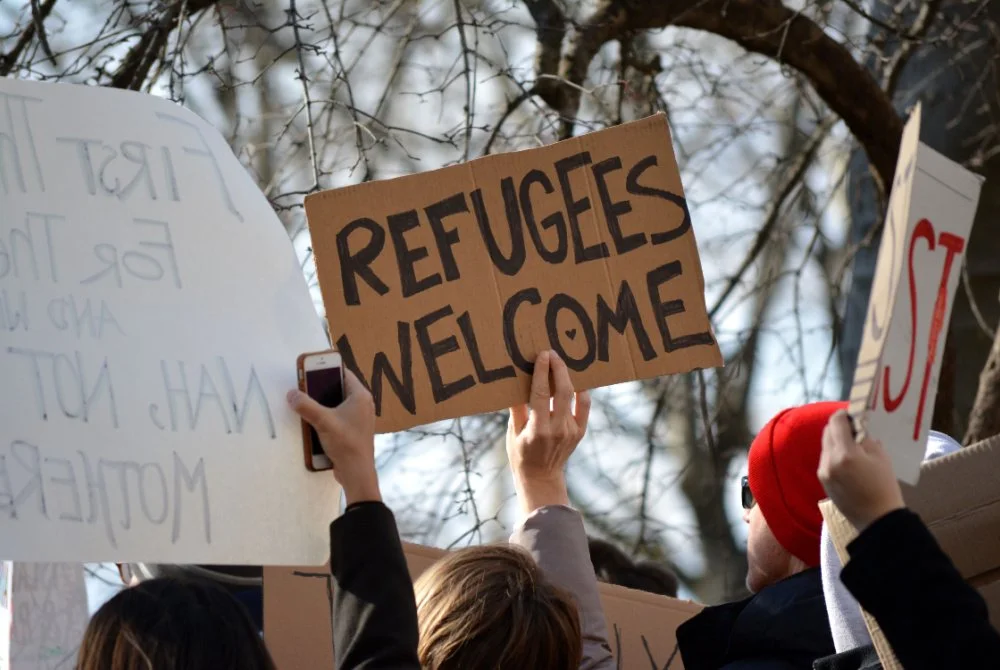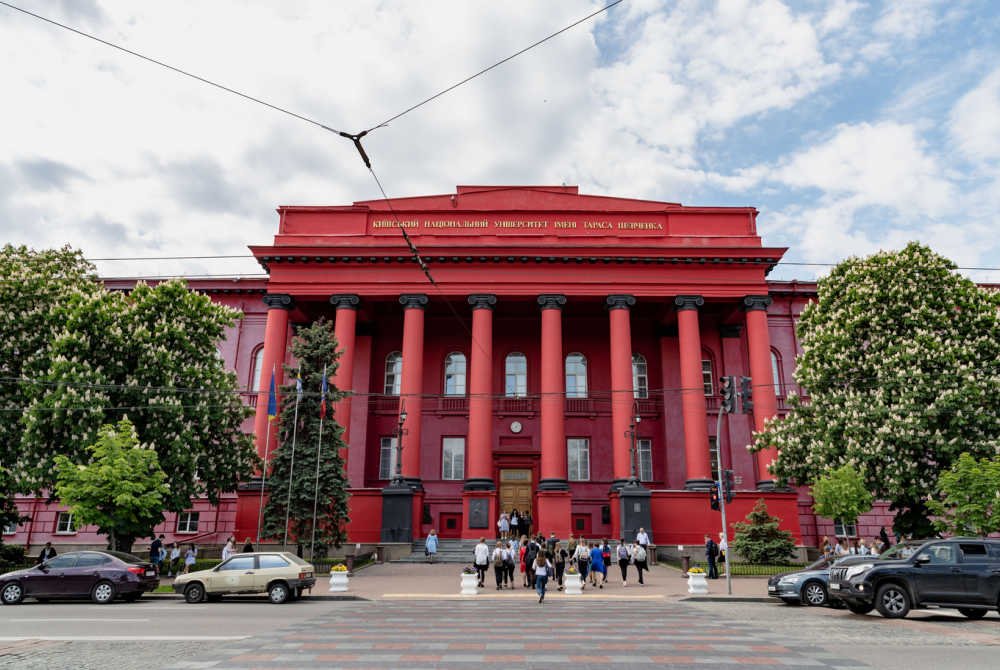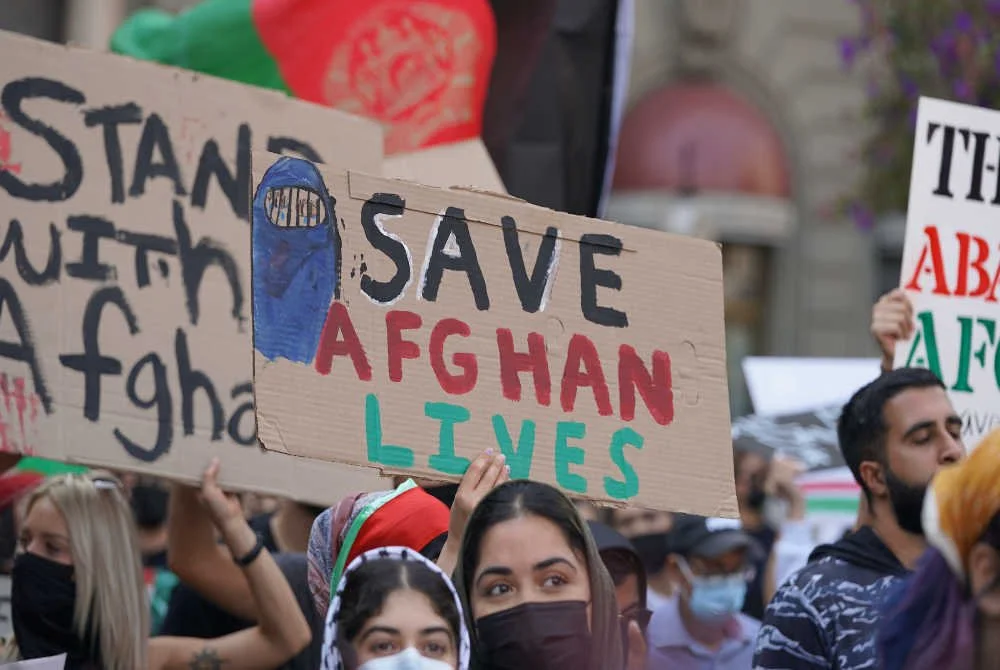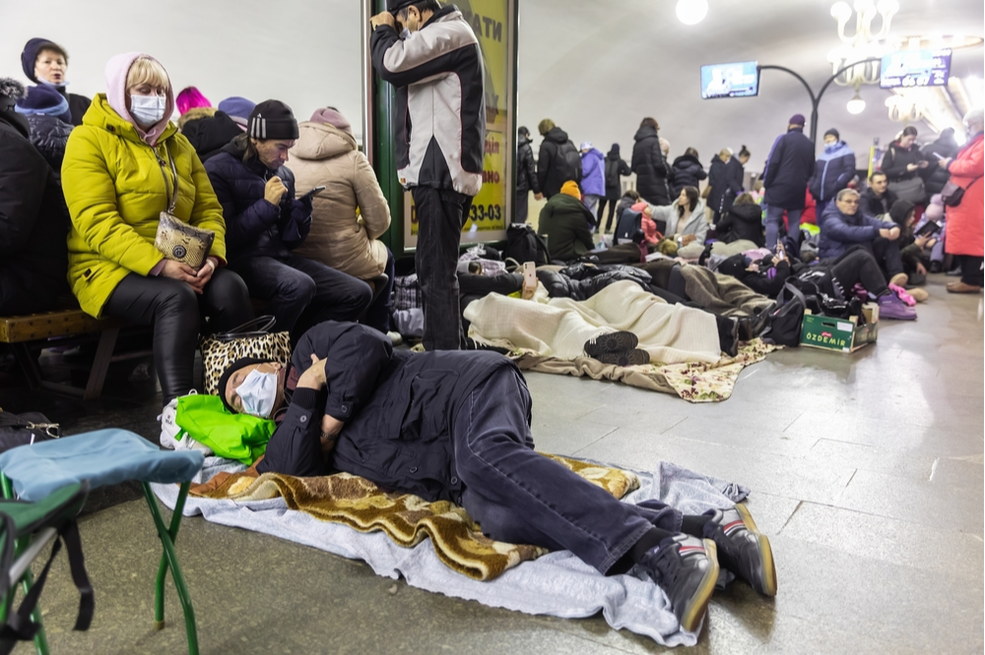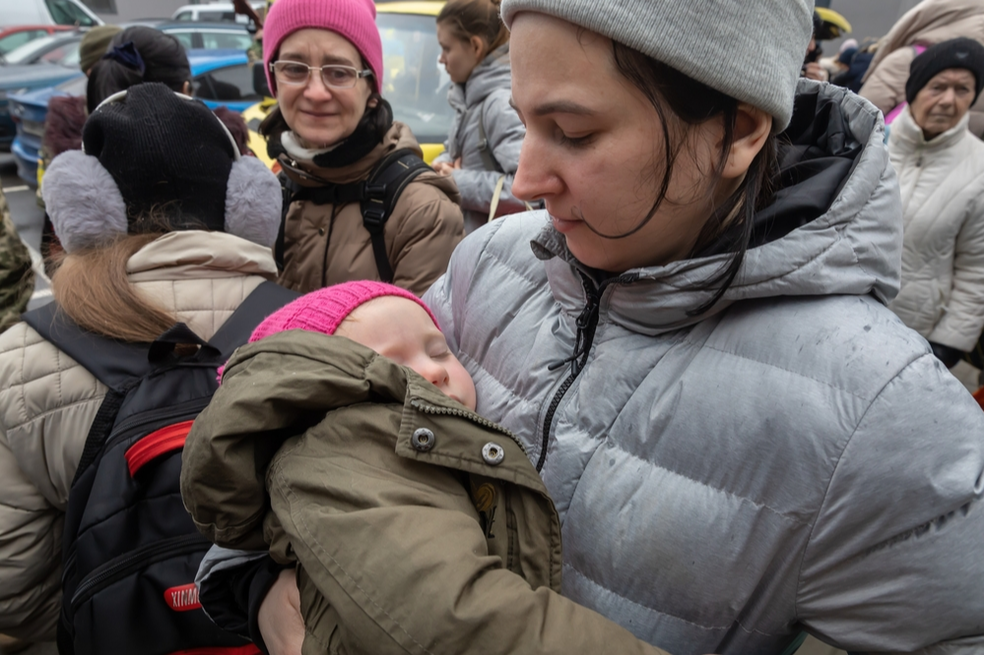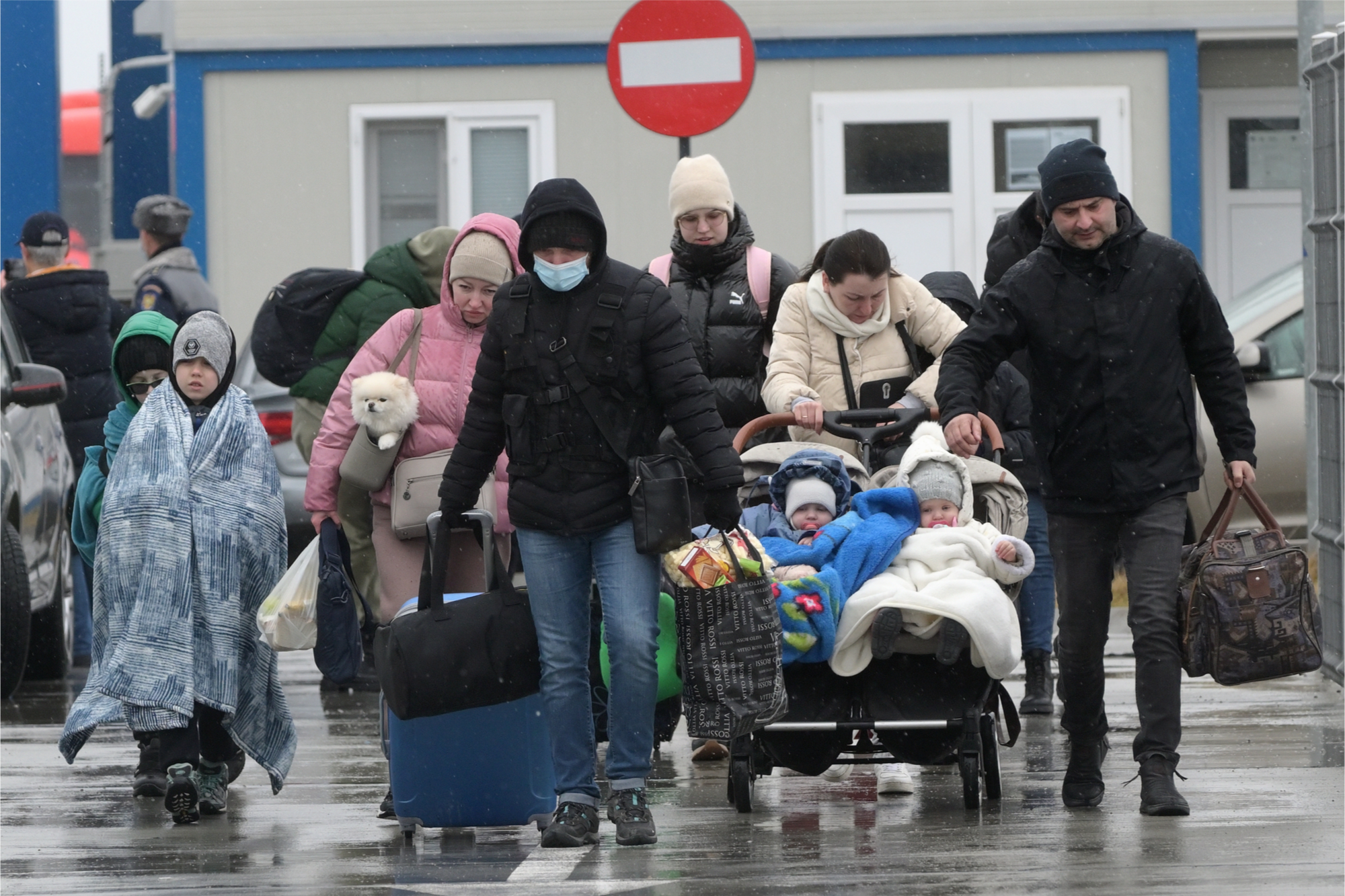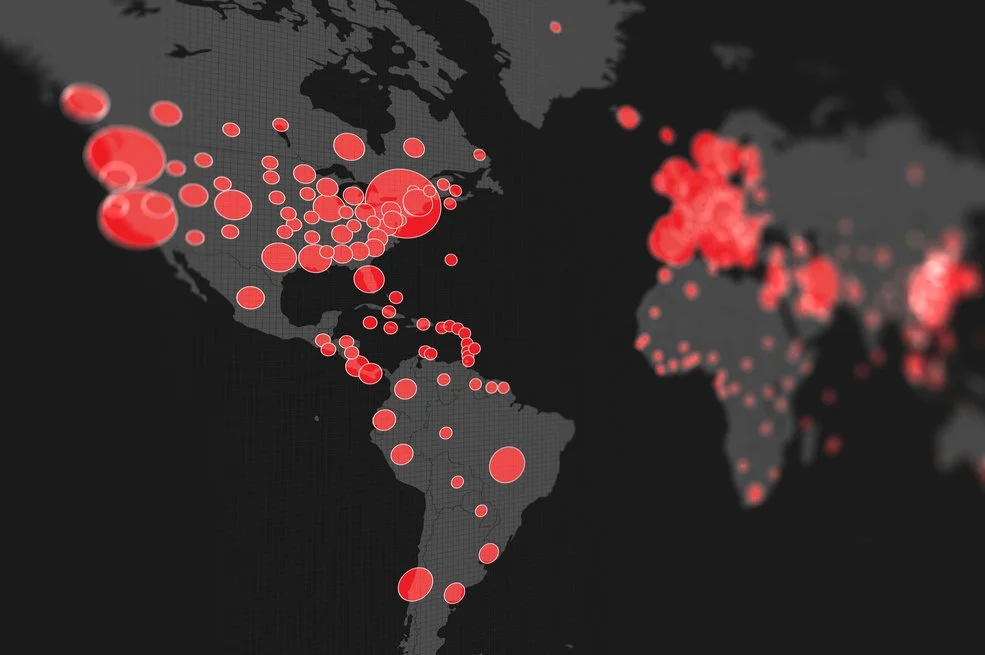An Ongoing "Collective Failure" on Refugees, But With Some Philanthropic Heroes
/The Syrian conflict is now in its seventh year. According to the United Nations High Commissioner for Refugees (UNHCR), the conflict has resulted in over 5 million Syrian refugees, 6.3 million people internally displaced, and 13.5 million people in Syria in desperate need of help. But as we've observed often at Inside Philanthropy in our in-depth coverage of this crisis, that help isn’t coming at the scale that's needed.
At the end of 2016, the U.N., along with over 240 partners, formally launched the Regional Refugee and Resilience Plan (3RP) for 2017. The plan calls for more than $4.6 billion for the partners to continue providing protection and critical assistance to refugees and their host communities. So far, only around $400 million—or less than 10 percent—has been received.
Related: So What If Refugees Aren’t a Grantmaking Priority? Look How This Funder Stepped Up
We've written a lot about why private funders have stayed away from the Syrian refugee crisis. Few foundations have global refugee relief as a main program priority, and most don't like to divert resources from current grantmaking to address near-term crises, however horrific. In addition, the scale of this problem can seem overwhelming—the kind of problem better handled by national governments and international agencies than private foundations, with their comparatively meager resources.
These seem like understandable reasons for foundations to take a pass on the crisis. But the upshot has been that the vast bulk of U.S. funders are doing nothing to address one of the greatest humanitarian disasters since World War II and deliver aid that could alleviate intense human suffering happening right now. This isn't among the finer moments for American philanthropy.
The saving grace, here, is that some U.S. funders have risen to this challenge, and we've written often about which foundations are contributing to those displaced by Syria's civil war. Less well known is that many individual donors have come forward with gifts. Fidelity Charitable is one important conduit for such grants, working to educate its donors about the needs of refugees and processing millions of dollars in gifts to groups in the field. In the first nine months of 2016, Fidelity reported that it disbursed more than $2.3 million "to 188 organizations providing relief to those displaced by the civil war. Grants recommended to the International Rescue Committee, Catholic Relief Services and Doctors Without Borders were the most common."
Among institutional funders, the Conrad Hilton Foundation stands out as one of the heroes of the moment. This funder has always been dialed in to alleviating human suffering, with a Disaster Relief and Recovery program that not only supports disaster preparedness, but relief and long-term recovery efforts, as well. Over the past five years, the Hilton Foundation has provided $5.3 million in grants to address the Syrian crisis, not only assisting refugees, but also helping host countries near the fighting to support the influx of people.
And the money keeps flowing. In April 2017, the Hilton Foundation announced more than $15 million in grants for the first quarter of the year. That $15 million total was spread across 13 grants; two grants totaling $1 million went toward the support of refugee-related work.
A $500,000 grant was awarded to Save the Children to back its education work with children of Syrian refugees in Lebanon. International Rescue Committee received $500,000 to support its refugee resettlement assistance in the United States.
Of the recent refugee-related grantmaking, Hilton Foundation president Peter Laugharn commented that the “enthusiasm, global view, and sense of compassion,” of Conrad Hilton, the foundation’s founder, “compelled us to support those people affected by the tragic conflict and Syria.”
Last year, George Soros blasted the world for its “collective failure” in regard to the world’s refugees crisis, saying that the it has “contributed greatly to human misery and political instability.” This abject failure served as a catalyst to the hedge fund billionaire’s $500 million pledge made in 2016 to help the ever-growing refugee population.
Beyond Hilton and OSF, other funders who've responded to the ongoing crisis are the UPS, Western Union, Cisco, Gates, Stavros Niarchos and IKEA foundations.
Related: With a Monster Pledge, a Glimpse of a New Direction for Soros





